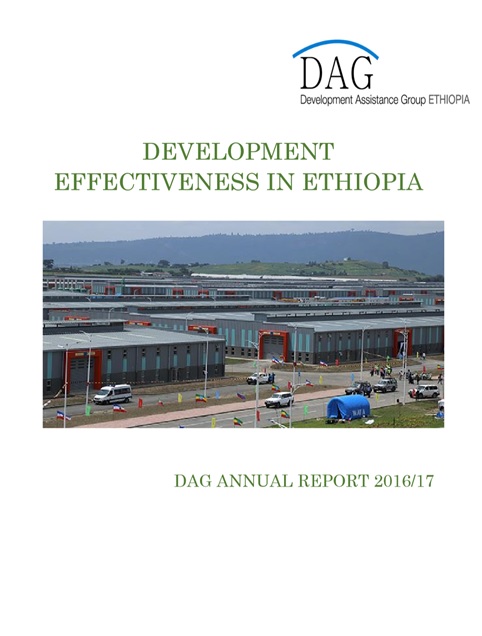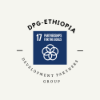Breadcrumb

Significant achievements were registered in the past year and half, including among others: development partners having actively supported the prioritization and proper management of sectoral resources; advocated for balance between federal capital expenditures and allocation to basic services in light of equity and regional disparities; held regular high level dialogue between the DAG ExCom and the Deputy Prime Minister H.E Demeke Mekonnen on the collective response to drought emergencies; strategic dialogue and advocacy on the humanitarian-development nexus and resilience building. The consultation forum with development partners to monitor progress made towards the objectives of the GTPII-the Annual Periodic Review- where it was highlighted among others, the need for a comprehensive and integrated industrialization strategy; inclusive citizen partnership and conducive business environment for the private sector. All the result of efforts to increase the impact of development cooperation, effective dialogue has taken place at technical levels in sector working groups co-chaired by both the GoE and development partners and high level engagement with government at the Government-DAG High-Level forum.
Other milestones include, the strengthening in terms of mandate and function, the effective development cooperation task force (EDCTF) chaired by MOFEC; and Ethiopia’s active contribution and participation to the second monitoring round of the Global Partnership for Effective Development Co-operation (GPEDC) which showed significant progress in alignment, country ownership and mutual accountability. In an era of competing priorities, collective efforts and stronger partnership to promote the effectiveness of development co-operation remain key. This was especially illustrated by the GoE’s proposal to realign and restructure some sector working groups (SWGs) in order to enhance delivery on the GTPII and the SDGs. As a result, the past year has seen the creation of the Climate Resilience & Green Economy Forum, the revitalization of the Monitoring and Evaluation group & the Gender SWG and the restructuring of the water SWG to include sub groups of water and energy.
The next year will be critical as Government and development partners explore new approaches towards building resilience of communities and strengthening adaptive capacities of government systems to withstand shocks brought about by climate change. It also marks the midpoint of implementation of the second Growth and Transformation Plan which cycle ends in 2019/2020. Given Ethiopia’s continued high growth and ambition to become a lower middle-income country by 2025, and to achieve the Sustainable Development Goals by 2030, there are clear incentives for Government and development partners to come together in even closer cooperation and partnership in support of the country’s development results.
